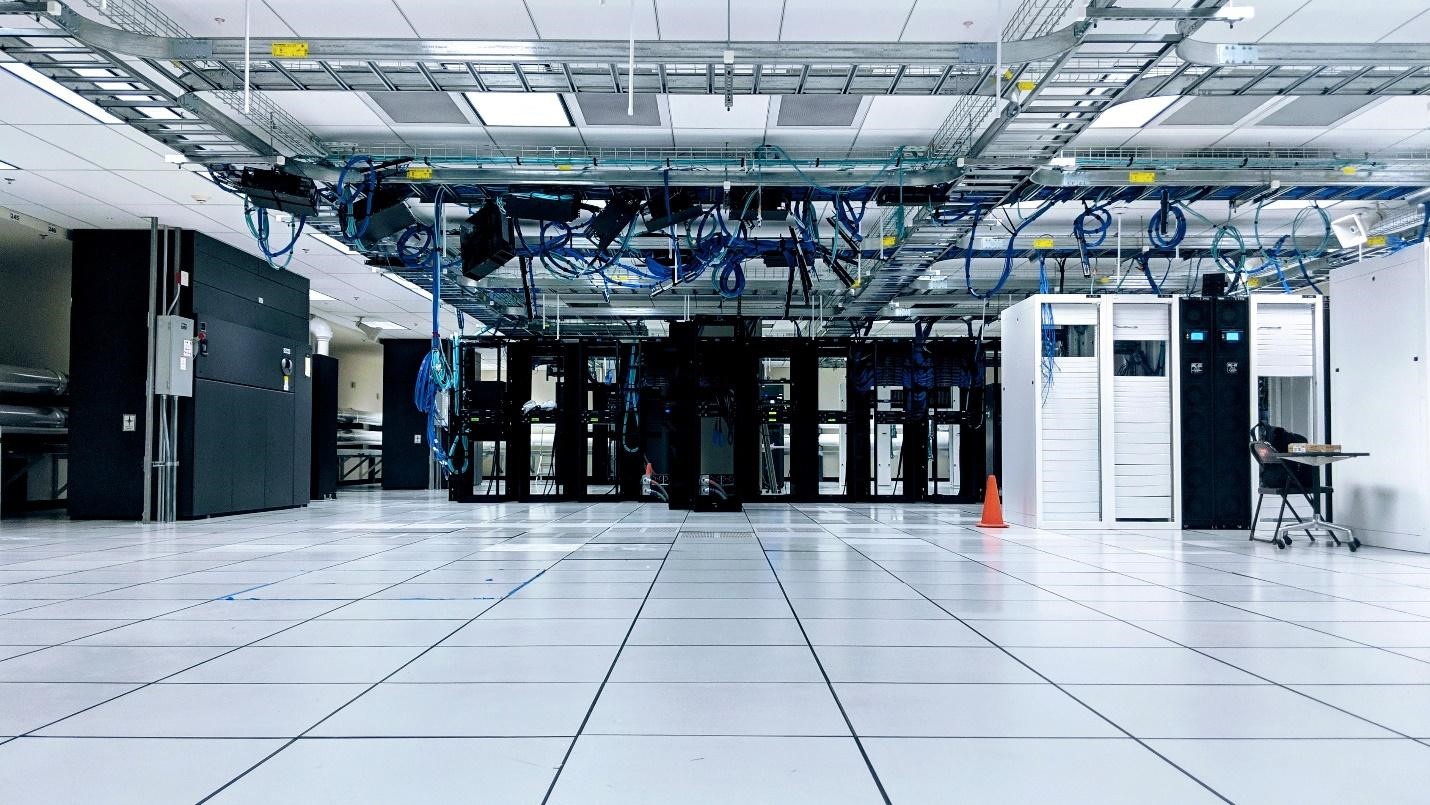Servers are essential for running a company’s websites or systems.
While it is common to choose a “dedicated” or “shared” server, do you know about the new, popular “VPS” option?
What is VPS in the first place?
VPS stands for “Virtual Private Server,” and as the name implies, the basic idea is to create a dedicated server in a virtual environment.
What makes VPS a game-changer is that one physical server is virtually divided by “virtualization technology” for each user. By adopting this technology, it is possible to create multiple “virtual servers” in one physical server and place independent environments (individual memory, disk space, software, etc.) each one.
Since each virtual server is independent, there is little chance that one will affect another.
DIfferences between VPS, dedicated servers, and shared servers
A dedicated server is a service in which one physical server is contracted for the exclusive use of the customer’s choice. It provides the highest degree of flexibility and stability but a slightly higher cost.
A shared server is a service where multiple users share a physical server. It has the lowest price and is a popular choice with those who just want simple usage (site operation, mail account management, etc.) One disadvantage can be limited custom settings and usage may be affected by other users.
VPS is a service that balances the benefits of both, providing a similar flexibility to that of a dedicated server along with lower costs like a shared server.
What is the difference between a container type VPS and VM type VPS?
There are two main types of VPS: container type and VM type.
The container type is a method of realizing virtualization by arranging a package called a “container” (a collection of software and various operating environments ) on one host operating system.
The VM type, on the other hand, is a method for realizing virtualization by preparing a guest operating system for each user on top of the host operating system and creating a “virtual machine” like a dedicated server.
The container type VPS has the following advantages:
・Effortless operation
・Flexible and effective use of resources
・Simple and easy environment construction
The VM type VPS has the following advantages:
・User can select guest operating system
・More finely customizable than container type
Recently, users are more likely to select the flexible container type, but in some cases, VM type is the better option if more detailed settings are necessary.
Advantages of Tsukaeru Cloud VPS
Tsukaeru Cloud VPS is becoming a popular VPS service of choice. Here is a summary of some of the advantages:
・Flexibility::Container or VM type can be selected. For VM type, Linux and Windows operating systems can be chosen.
・High availability(HA configuration):In the unlikely event of a physical failure, relocation of services will take minutes as compared to several hours.
・Plesk:Equipped with Plesk, the latest version of the powerful and easy-to-use server management tool, you can easily manage your server from the browser window.
・Various templates: Server specifications can be selected to create combinations to suit your needs.
・Safe and secure: Tsukaeru servers operate in an extremely secure domestic data center with the highest levels of
security always maintained.
50% Off Tsukaeru Cloud VPS Campaign!
Currently, Tsukaeru Cloud VPS is being offered at a 50% discount. In addition, if you sign up for a one-year contract, the initial setup costs will be waived. This campaign is only available until June 30th, 2020, so don’t miss the chance!
Learn more about Tsukaeru Cloud VPS here.
Contact Tsukaeru here.
10:00 - 17:00



















